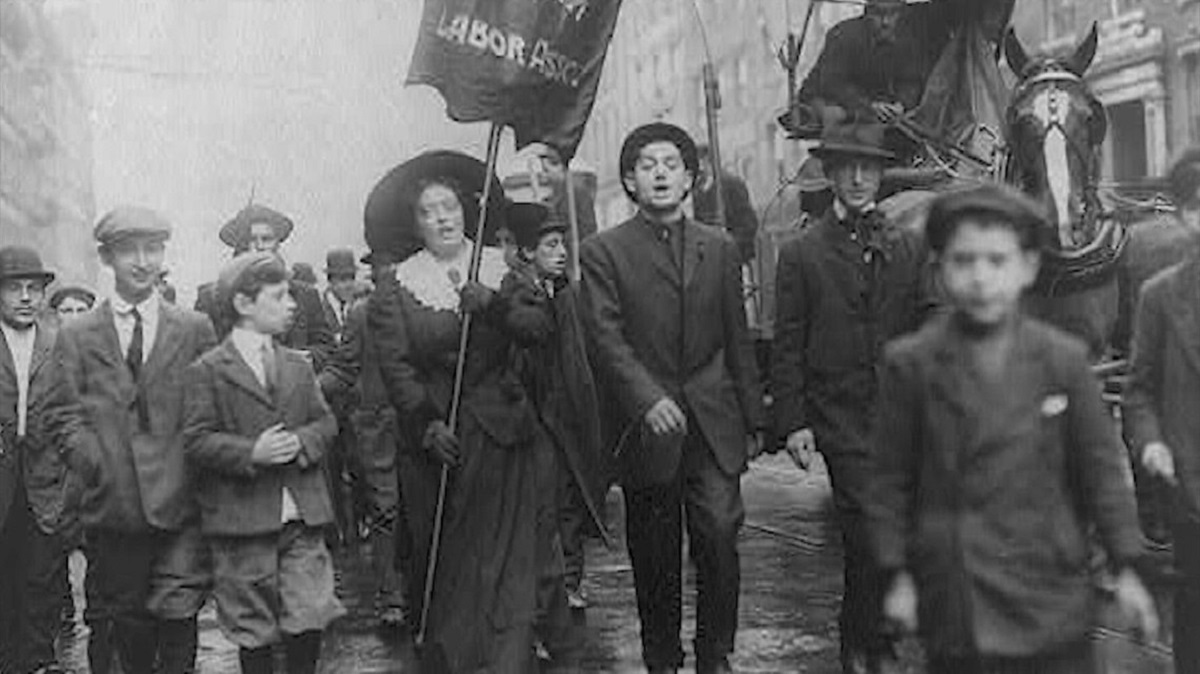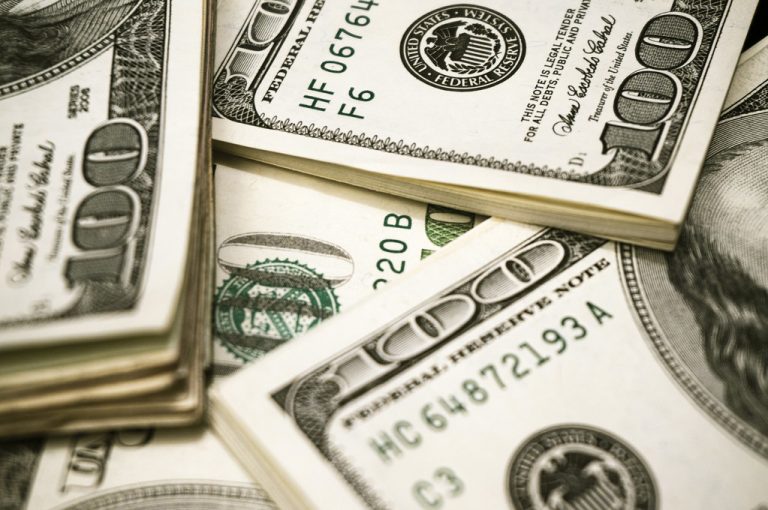
Labor Day: Origin, Meaning and the Strike That Led to Congress Creating Holiday
Labor Day has come to be known as the end of the summer season, but its origins have nothing to do with barbecues and everything to do with oppressive working conditions.
Activists and individual states recognized Labor Day well before President Grover Cleveland signed a law making it a federal holiday in 1894. Always observed on the first Monday in September, Labor Day is intended to celebrate the achievements and contributions of American workers.
The idea of a worker-centric holiday is largely credited to two men, Peter McGuire, former general secretary of the Brotherhood of Carpenters and Joiners, and Matthew Maguire, former secretary of the Local 344 of the International Association of Machinists, according to the Department of Labor.
Why do we celebrate Labor Day on the first Monday in September?
HOUSTON — While most people think of Labor day as the unofficial end of summer it is actually a celebration of workers. Its origins reflect how far workers’ rights have come in this country.
At the height of the Industrial Revolution in the late 19th Century, the average American worked 12 hour days, seven days a week. And even though it was illegal in some states, children as young as 5 years old did back breaking labor in factories, mines and mills across the country.
Have we forgotten the true meaning of Labor Day?
For many, Labor Day marks the official end of summer celebrated the first Monday of every September with barbecues and back to school shopping. However, the holiday’s founders had something much different in mind for the special day in the late 1800’s.
Labor Day is a U.S. national holiday held the first Monday every September. Unlike most U.S. holidays, it is a strange celebration without rituals, except for shopping and barbecuing. For most people it simply marks the last weekend of summer and the start of the school year.
The holiday’s founders in the late 1800s envisioned something very different from what the day has become. The founders were looking for two things: a means of unifying union workers and a reduction in work time.
Opinion: This year, Labor Day has new meaning for Colorado farmworkers
As Coloradans, we’re lucky to enjoy such exceptional local produce. Right now, it couldn’t be more evident with our Palisade peaches, sweet corn from all across the state, Rocky Ford melons, Pueblo Chiles, and more.

We are all proud of the multi-billion dollar agricultural industry in Colorado and the livestock, fruits, fibers, veggies, dairy, and eggs that it provides us. Indeed, as Americans we’re lucky to walk into a grocery store any day of the year to find shelves full of quality produce and plenty of options.
On this Labor Day, we’re grateful for the 40,000 Colorado farmworkers who spend grueling days growing, tending, picking, and transporting the products we’ve come to expect as a standard of our Colorado and American way of life.
STEVE FLORES: Labor Day’s meaning a mystery to many
I decided to find out if people I know knew the real meaning of Labor Day.
I must embarrassingly admit, I didn’t know its complicated roots. Well, maybe once in 1967 when Mr. Sheldon, my history teacher at South High School, gave us his Labor Day lessons. Rita Lozano, my secret crush since Casa Loma Elementary School, was a big distraction in class and diverted my attention from social studies to how I was going to eventually marry her. Never happened, nor did remembering Mr. Sheldon’s Labor Day lesson.
To try to validate my own historical inadequacies and give Labor Day its proper credit, I completed my own unscientific survey with family and close friends.
My small circle of friends did not include history teachers, labor representatives, elected officials, lobbyists, or anyone connected in any way to unions. I even asked the young barista at Dutch Bros. Coffee.
Labor Day Marks the End of Summer, But Its Meaning is Much Deeper
If Memorial Day weekend is the unofficial start of summer, then Labor Day weekend is its end, and just as the “meaning” of Memorial Day has sadly been lost in recent years, the truth is very much the same for Labor Day. Its name suggests it is a day to honor the workforce and that’s true, but its origins and exact meaning are still a bit more complicated.
What it also shares with Memorial Day is that it came to be in the post-American Civil War era but for very different reasons. Memorial Day was meant to honor those military personnel who paid the ultimate price and gave their lives in service of the country. It has evolved into a holiday of fun in the sun, and a time to take on late spring projects. By contrast Labor Day was always meant to honor the American worker with a day off.
It is celebrated on the first Monday in September, and as a result can fall on September 1 through September 7.
What is the meaning of Labor Day?
HOUSTON — While most individuals assume of Labor day as the unofficial finish of summer season it is really a celebration of staff. Its origins replicate how far staff’ rights have come on this nation.
At the peak of the industrial revolution in the late nineteenth century, the common American labored 12 hour days, seven days every week. And regardless that it was unlawful in some states, kids as younger as 5 years previous did again breaking labor in factories, mines and mills throughout the nation.
In Our View: Labor Day recognizes productivity of workers
Labor Day isn’t what it used to be.
Started in the 1880s to honor organized labor, the celebration first received official designation as a holiday in 1887 in Oregon. Soon, most states had recognized the occasion, and the federal government followed suit — initially providing a holiday only for federal workers.
Now, Labor Day is typically used to recognize all American workers — organized or not. And with good reason. As Teddy Roosevelt reportedly said, “It is only through labor and painful effort, by grim energy and resolute courage, that we move on to better things.”
Happy Labor Day, Ridgefield!
To most, Labor Day represents the grand finale of summer – a time to gather with family and friends for one last BBQ, pool party, or boating trip. (After which, reaching for the white clothing in your closet is met with apprehension although most fashionistas have squashed that myth).
Here’s the real meaning of Labor Day. According to the U.S. Department of Labor, “Labor Day, the first Monday in September, is an annual celebration of the social and economic achievements of American workers. The holiday is rooted in the late nineteenth century when labor activists pushed for a federal holiday to recognize the many contributions workers have made to America’s strength, prosperity, and well-being.






